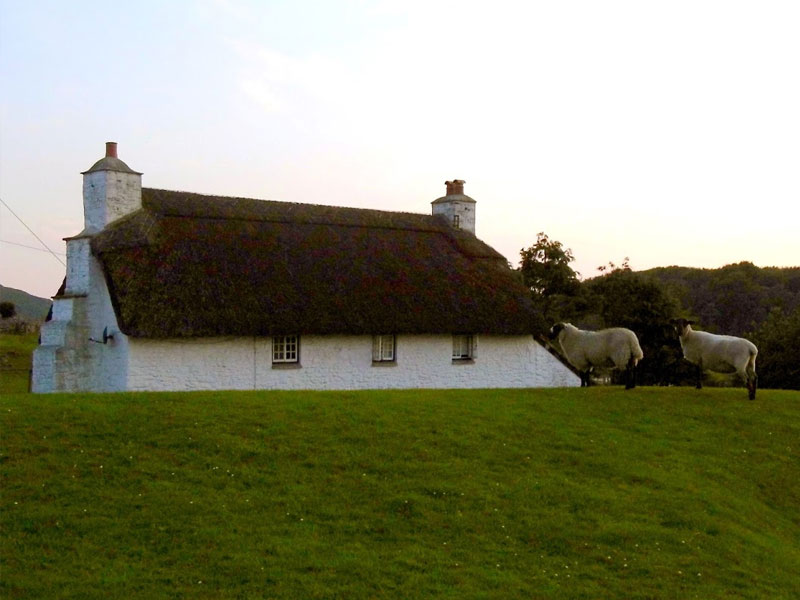
Cabinet Secretary for Energy, Planning and Rural Affairs Lesley Griffiths has today launched a consultation on a new Land Management Programme to support Welsh farmers post-Brexit, replacing the Common Agricultural Policy (CAP).
Two new schemes
The latest Welsh Government Brexit paper, Brexit and our Land, proposes two new large and flexible schemes to replace Basic Payment Scheme (BPS), Glastir and other parts of the Rural Development Programme.
The programme will consist of the following two schemes:
- The Economic Resilience Scheme will provide targeted investment to land managers and their supply chains. It will provide investment to increase competitiveness and make improvements in resilience and productivity for high-quality food production.
- The Public Goods Scheme will provide a new income stream to land managers delivering public goods from the land. It will enable them to help address challenges such as climate change mitigation, habitat loss, poor air and water quality.
All land managers will have the opportunity to benefit from the new schemes, not just those currently receiving CAP. However, people will need to do things differently in return for this support.
Programme will ‘enable Welsh farmers to thrive post-Brexit’
Cabinet Secretary said:
“Welsh land matters. Over 90% of Welsh land is in the hands of our farmers, foresters or other stewards of the landscape. How land is managed matters to us all and our land managers have the potential to produce outcomes of huge importance to Wales.
“Once we leave the EU, our access to markets and how we compete will change so maintaining the status quo is not an option. Exiting the EU means we have to do things differently and now is the time to prepare. We need to change how we support our farmers and agriculture sector to make them sustainable and able to thrive in a new trading environment. We have the chance to design a ‘Made in Wales’ system that works for Welsh farmers and our communities.
“The Programme marks a significant change. That is why we want to see a phased transition that balances time needed for change with the need to provide timely support.
“Our new programme aims to keep farmers farming on their land and will enable the sector to thrive in a post-Brexit world.”
No changes will be made to the existing BPS scheme in 2018 and 2019 and all current Glastir contracts will continue to be honoured. From 2020, work will begin to move to the new schemes, including a phased reduction in BPS as new schemes come on-stream. The ambition is to have the new schemes fully in place by 2025 using existing high-performing Rural Payments Wales systems.
The proposals will be subject to extensive consultation until October, working closely with key partners. A white paper setting out detailed proposals will be published next spring and we will publish a Bill before the end of this Assembly session to make provision for the reform. Funding from old schemes will not be withdrawn until new schemes are ready.
Currently, the Common Agricultural Policy provides around £300m a year of support for Welsh land managers. The Brexit and our Land paper reiterates the importance that Wales should not lose a penny from leaving the EU and calls on the UK Government to urgently confirm that Wales will maintain its current share of funding.